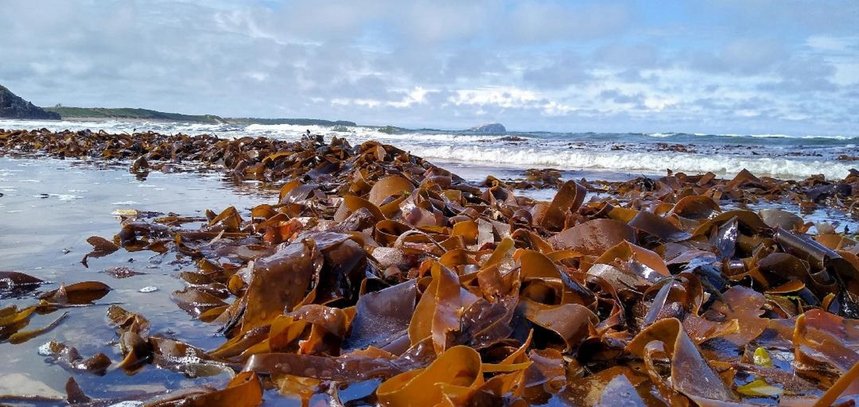The food tech company is leveraging its proprietary SeaStack technology to develop seaweed-derived, functional, clean-label solutions to replace artificial additives, thickeners and enhancers in plant-based foods and beverages, company founder and CEO Kate Sullivan told FoodNavigator-USA at Future Food Tech Alternative Proteins in Chicago this month.
She explained that Uncracked’s SeaStack technology is a platform that classifies seaweeds by their biochemical and physiological composition, functional properties, and how they interact with systems, formulations, and each other.
Uncracked is using this data to develop three initial ingredients—an emulsifier, a protein binder and a fortifier—but Sullivan says he wants to collect data on all seaweeds to pave the way for further ingredient innovation.
Sullivan explains that her startup was attracted to seaweed as a base for clean-label ingredients because it is “one of the most nutritious foods on the planet” and is one of the few plants that contains all the essential amino acids, high levels of dietary fiber, omega-3 fatty acids, and many essential vitamins and minerals.
She says she was also attracted to seaweed’s sustainability.
“Seaweed grows in the ocean, it doesn’t require land to grow and it sequesteres carbon while putting oxygen back into the environment, so not only does it not deplete terrestrial resources, it also restores the oceans,” she said.
“People are really starting to pay attention to what they put into their bodies.”
Sullivan sees broad applications for SeaStack’s technology and ingredients across a variety of industries, but said he wanted to start in the food and beverage sector after experiencing firsthand the struggle to find clean-label ingredients for plant-based products.
While at Berkeley, Sullivan and a team of students from her alternative meat course competed in and won Berkeley’s Collider Cup XII technology and startup pitch event, where they showcased the plant-based crab meat they created.
“We wanted to start with food and beverage. [because] “That’s where we feel like we’re addressing the problem. We set out to develop our own alternative protein products because we couldn’t avoid the use of artificial additives and flavor masking agents. So we turned to seaweed and the natural capabilities of that plant,” Sullivan says.
In the future, she sees SeaStack technology naturally expanding into animal feed and cosmetics.
“The clean trend isn’t just about food. People are really starting to be mindful of what they put into their bodies,” she said.

